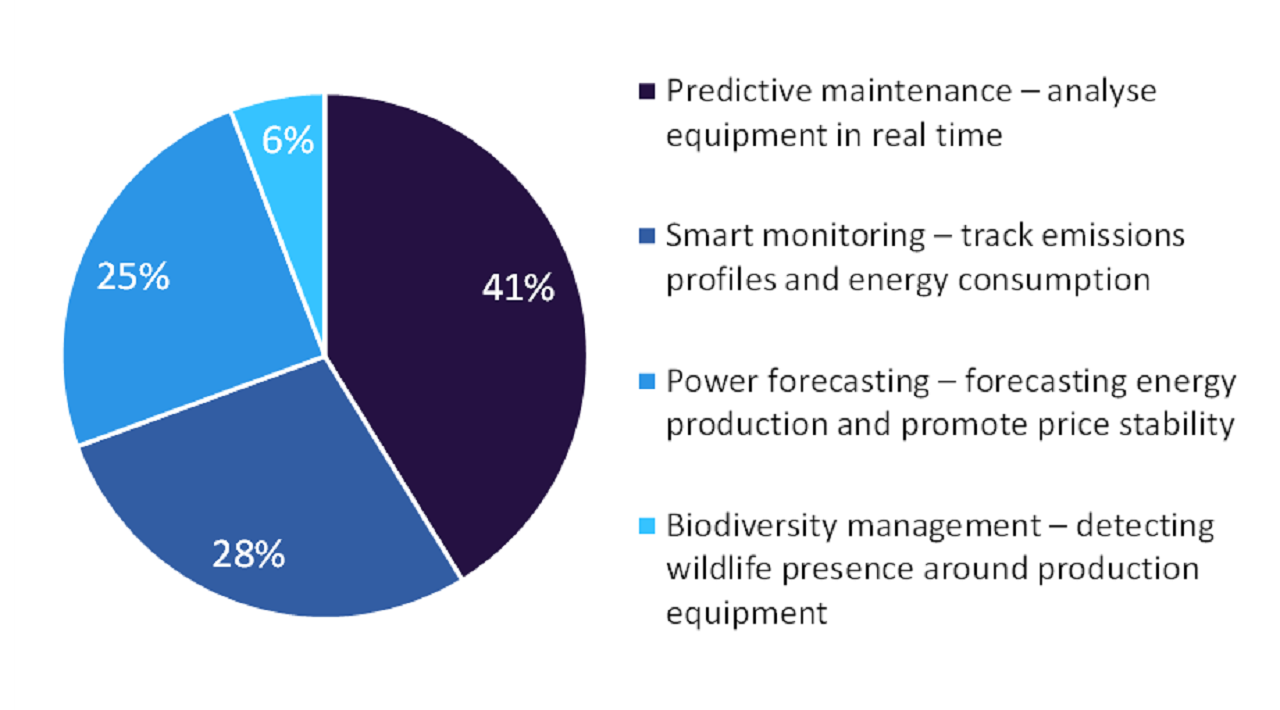The advent of AI has added new dimensionality to oil and gas operations. AI solutions are helping operators to generate actionable insights in a timely manner.
Numerous successful use cases of AI in the oil and gas industry have prompted rapid adoption of this technology across a variety of application areas.
The technology is expected to be an even more useful tool for the oil and gas industry going ahead.
Leading data and analytics company GlobalData conducted a poll between November 2023 and January 2024 to try and gauge what area of AI is having the greatest impact on oil and gas operations.
Approximately 40% of the respondents said that predictive maintenance is having the greatest impact on oil and gas operations.
AI-enabled predictive maintenance setups can analyse equipment performance and its deterioration in real time, and subsequently advise timely maintenance tasks.
This has enhanced the longevity of the equipment used in oil and gas operations while ensuring lower downtimes arising from unexpected breakdowns.
It is helping streamline maintenance operations and is expected to reflect positively on the costs for an oil and gas company.
About 28% of the respondents said that AI-enabled smart monitoring is having the greatest impact on oil and gas operations.
This use case can efficiently track operational carbon emissions and energy consumption by deploying sensors and connectivity using networking technologies.
The industry is under the global lens for its emission-intensive functioning, with activities such as gas flaring noted for their carbon emissions.
Building emission profiles from AI-enabled smart monitoring could help the industry identify processes that can be improved to reduce overall emissions.
Around 25% of the respondents felt that power forecasting using AI is having the greatest impact on oil and gas operations.
Some oil and gas companies are diversifying into the power generation and utility sector in their bid for energy transition. Some are even building a portfolio of renewable energy projects.
A sudden fall in energy prices due to oversupply could have a prolonged effect on oil and gas companies.
To mitigate this challenge, AI algorithms can be trained on historical energy production and demand trends, and thus predict future scenarios.
The dependence of renewable power projects on weather conditions can cause supply-side fluctuations.
Forecasting can help in this case to establish accurate pricing models in the energy market, thereby promoting price stability.
Only roughly 6% of the respondents opined that AI-based biodiversity management is having the greatest impact on oil and gas operations.
This process involves detecting the presence of wildlife in an adjoining area of an upcoming oil and gas project site.
Furthermore, AI can help evaluate the consequences of such an operation on the surrounding wildlife.
It can help oil and gas companies devise sustainable plans while applying for environmental clearances that are essential for all projects.
Regulatory bodies could also analyse this impact before granting such clearances.







